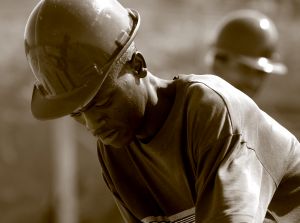 We have a case in the office where our client, an injured worker, is being denied temporary partial disabililty (TPD/440.15(4)) benefits based on two defenses. The defenses, voluntary limitation of income and termination for cause, are at odds with one another.
We have a case in the office where our client, an injured worker, is being denied temporary partial disabililty (TPD/440.15(4)) benefits based on two defenses. The defenses, voluntary limitation of income and termination for cause, are at odds with one another.
Voluntary Limitation of Income Defense
Our client was fired from her job. She did not resign or refuse employment. In Carcamo v. Business Representation Internation & North River Ins. Co., 37 So. 3d 901 (Fla. 1st DCA 2010), the injured worker voluntarily resigned from suitable employment. The employer/carrier (E/C) denied her claim for TPD benefits. The judge of compensation claims (JCC) sided with E/C. The First DCA disagreed with the JCC and remanded the case for further factual findings.
The appellate court pointed out that a voluntary resignation does not alone support the denial of TPD benefits. Carcamo at 901. What must be taken into account is whether the claimant’s refusal was justifiable, section 440.15(6), Florida Statutes, and the continued availability of the job. See Moore v. Servicemaster Commercial Servs., 19 So.3d 1147 (Fla. 1st DCA 2009) (although employer not required to continually reoffer job to avail itself of statutory defenses based on unjustified voluntary limitation of income, employer must establish continued availability of job for each applicable period to obtain continued benefit of defense).
Our client, a single mother with sole custody of a young child, sustained a significant injury that required extensive surgical repair. After a lengthy recovery period, she was offered light duty work by the same employer. At the time of the job offer, our client and her daughter were living at her mother’s home in Georgia. Due to logistical issues, our client, who otherwise had an exemplary work history, showed up for work one week late. She was fired a few days later. She has not been contacted since by the employer to return to work.
 Florida Injury Attorney Blawg
Florida Injury Attorney Blawg









